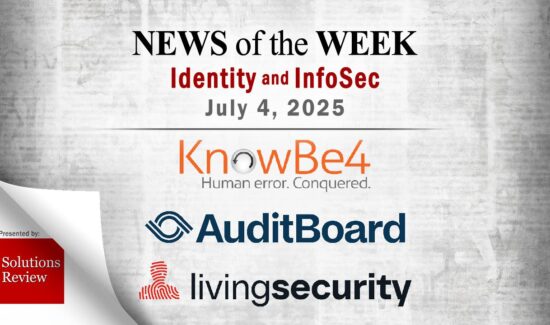5 Things to Know about Chronicle, The New Cybersecurity Firm From Google


On Wednesday January 24 Alphabet, the parent company of web giant Google, announced the launch of a new cybersecurity company called Chronicle. According to an official post by Chronicle’s CEO Stephen Gillett—a former chief officer at endpoint security vendor Symantec—Chronicle aims to provide better detection and prevention methods through machine learning: “We believe there’s a better way. We want to 10x the speed and impact of security teams’ work by making it much easier, faster and more cost-effective for them to capture and analyze security signals that have previously been too difficult and expensive to find.”
Chronicle’s express goal is to sell its software to Fortune 500 companies; its creation is part of a larger effort by Alphabet to gain a market share in corporate computing and diversify its portfolio outside its online advertising business. With Googe’s vast wealth and developer talents behind it, new platform seems positioned to be a game changer in the cybersecurity field. But is it? What should you know about this new challenger in the cybersecurity field?
1. Chronicle is Not Google, But Will Draw from Its Technology
According to Gillett and other announcements from Alphabet, Chronicle will be an independent corporation from Google under the Alphabet umbrella. Chronicle will operate off separate databases and adhere to their own data policies with customers.
However, the new cybersecurity firm will utilize Alphabet’s servers, and will draw from Google’s storage and AI machine learning capabilities to analyze data for security threats quickly; GIllett claims that access to Alphabet’s vast array of cloud computing infrastructure will give Chronicle an advantage over other traditional analytic methods. It is not yet clear if Chronicle will be permitted to draw from Google’s databases directly.
2. Chronicle Will Have Two Divisions
Chronicle will have its own cybersecurity intelligence operation as part of its analytics platform. Additionally it will incorporate VirusTotal, a malware intelligence and analytics platform Google acquired in 2012. According to Gillett, VirusTotal will continue to operate as before; it is not clear how the cybersecurity intelligence component will fit with VirusTotal.
3. Chronicle’s Technology Has Not Yet Been Unveiled
Despite having a blog and an official Twitter account, Chronicle does not yet have a product available for market or industry examination. According to official statements by the company, they are in the early alpha stages of their cybersecurity intelligence platform. Gillett has been tight lipped about the technology behind Chronicle, as well as the identity and number of companies testing it. Therefore, it is hard to predict how and if Chronicle will disrupt or affect the cybersecurity market.
4. Affordability Is a Major Focus of Chronicle
Throughout all the announcements about Chronicle, a recurring theme in their promotions appears to be provider an affordable alternative to traditional cybersecurity analytics platforms for large enterprises. According to GIllett’s statements, because the company can draw from Google’s cheaper storage capabilities to facilitate its machine learning, the new platform can pass those savings on to its customers. It remains to be seen if this ambition will be achieved.
5. Not All Are Convinced of Chronicle’s Success
Some experts in the field have noted that other internet search engines and networking companies have failed to penetrate the cybersecurity market, despite their earnest attempts. According to Avivah Litan, a vice president at Gartner, “being the heavy hitter and even having small teams spun out of that doesn’t translate to instant success.”
Until the technology is revealed and tested fully, we cannot be sure if Chronicle will be a competitive product. Alphabet’s X Division, the secretive R and D subsection who developed the new firm, have had their share of troubles with other products in the past. But then, past experience does not dictate the future.
Widget not in any sidebars




















